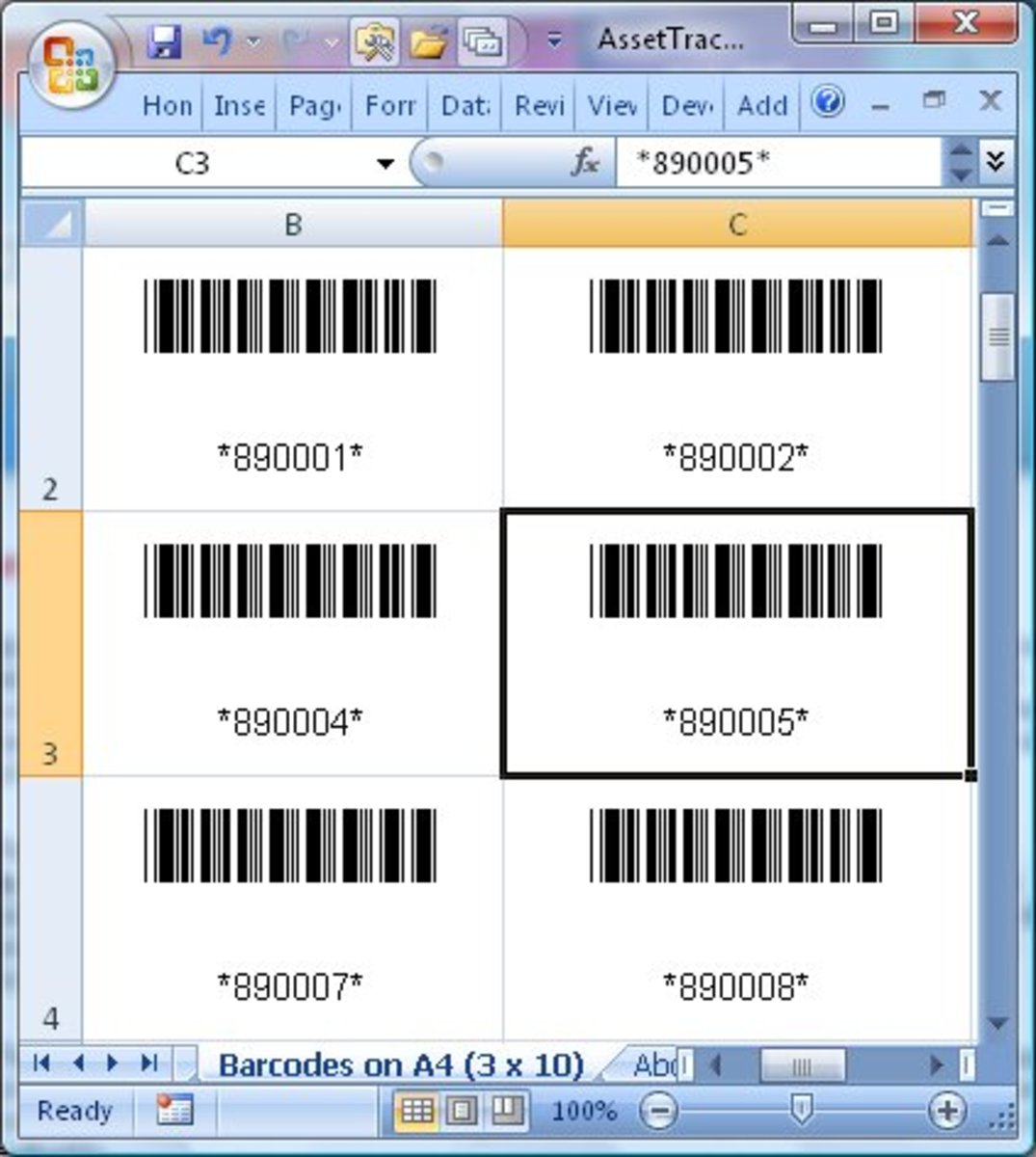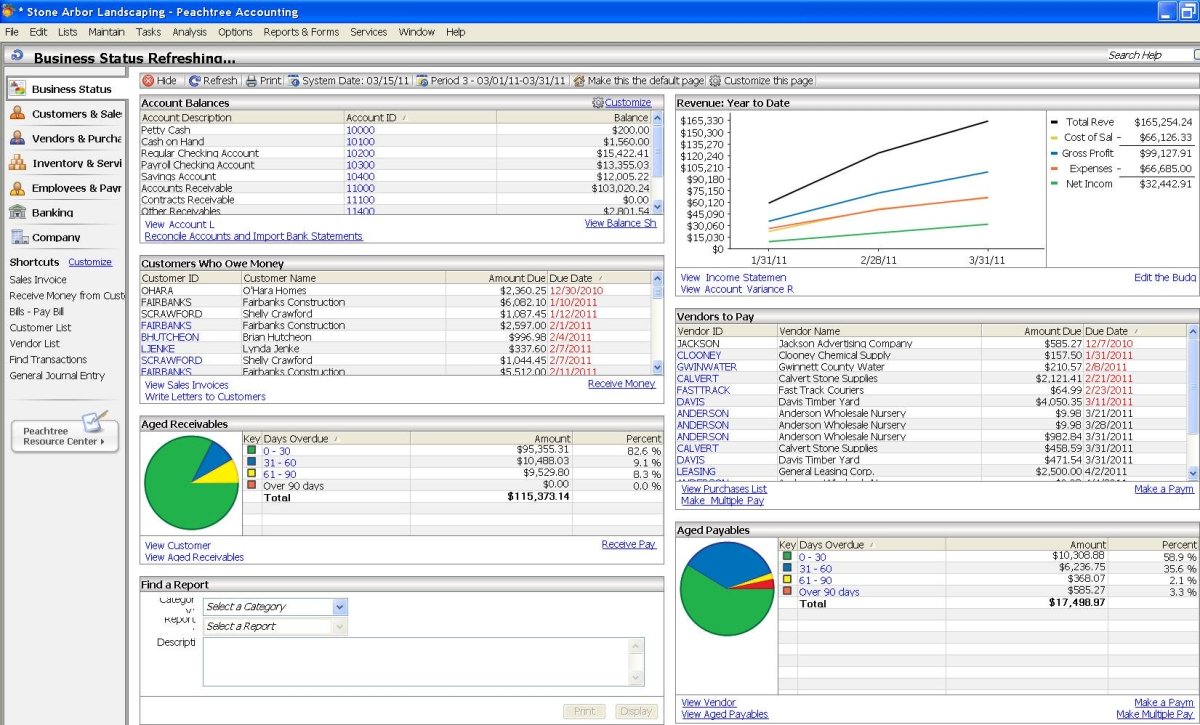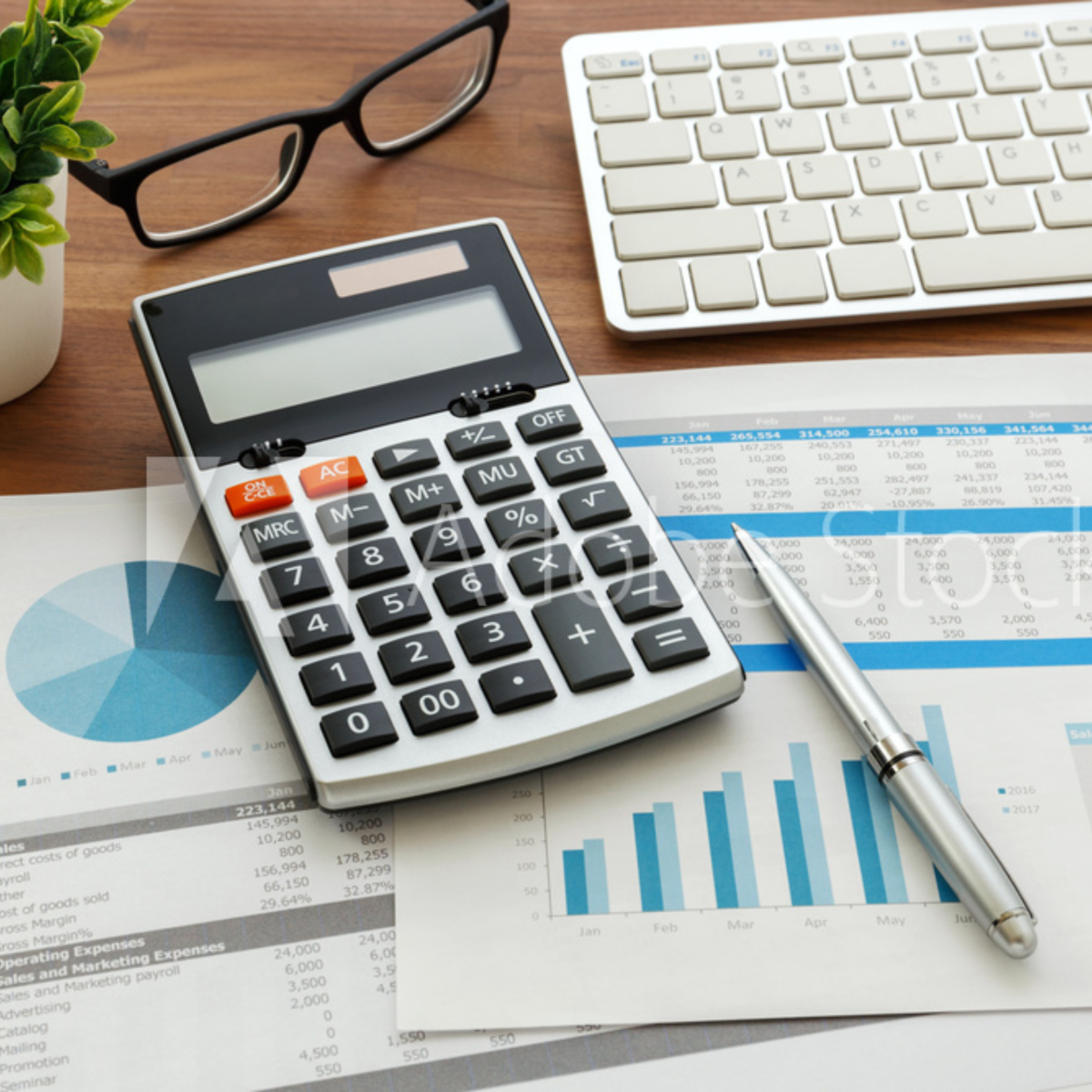Avoiding Common Small Business Tax Mistakes

Small businesses have tax requirements that can be a real pain to work through. There are numerous forms that need to be filled out, deadlines to hit, and deductions to claim. For a busy small business owner, trying to work on their business, it can be tempting to rush through these requirements, and unfortunately, a lot of small business owners do make mistakes with their taxation responsibilities.
In fact, there are at least 60 common taxation mistakes that small business owners make. Mistakes made with taxation can be incredibly expensive. So, what can small businesses owners do to make sure they’re not making simple and unavoidable errors?
1) Hire an accountant or tax specialist
Unless you’re confident that you understand the full extent of your taxation obligations, and can dedicate the necessary time to it, then it might be a better idea to hire a specialist to handle it for you. You’ll often find that a professional will be able to reduce your tax burden and find additional deductions that you hadn’t considered, so they’ll pay for themselves in large part anyway.
2) Make sure you pay back your loans
As a small business owner, it’s easy to mistake your business’ revenue as your income, but tax works a little differently than that. If you withdraw funds from your business, you need to either pay it back by the end of a financial year or expect to pay tax on it.
To help you separate your business income from your personal income, it’s a much better idea to give yourself a salary.
3) Keep accurate records
A small effort in an organization can go a very long way come tax time. Having an effective and efficient filing system to hold copies of all invoices and records can save a lot of time in the event of an audit, and also address any discrepancies and prevent fines for not having adequate records.
Remember, you also need to keep records for five years.
4) Understand deductions
Deductions are critical to small businesses. But it’s important to know which deductions you’re able to claim.
Some of the key deductions for small businesses include:
-
The purchase of business assets up to $20,000 in value—until 30 June 2019, any purchase of equipment for the purposes of the small business of up to $20,000 in value can be immediately written off.
-
Prepaying expenses—Paying for an insurance policy, utility bill or professional subscription annually, in advance, can be a deductible, though be aware that doing so might reduce your available deductions in the next year.
-
Business account and loan expenses—Fees and interest from your business accounts and loans might be deductible.
Additionally, if you are self-employed, be aware that additional deductions might apply to you. For example, travel for the purposes of business, the expenses in maintaining a dedicated home office (just make sure that part of the house is explicitly and exclusively dedicated to work), and more. This handy guide will walk you through all the tax tips for self-employed small businesses.
The ongoing health of your business really does rely on you meeting your tax obligations accurately. Make sure that you’re getting completed and defensible tax returns and other documents into the ATO on time, and you’ll avoid any nasty surprises in terms of audits or additional money owed.








